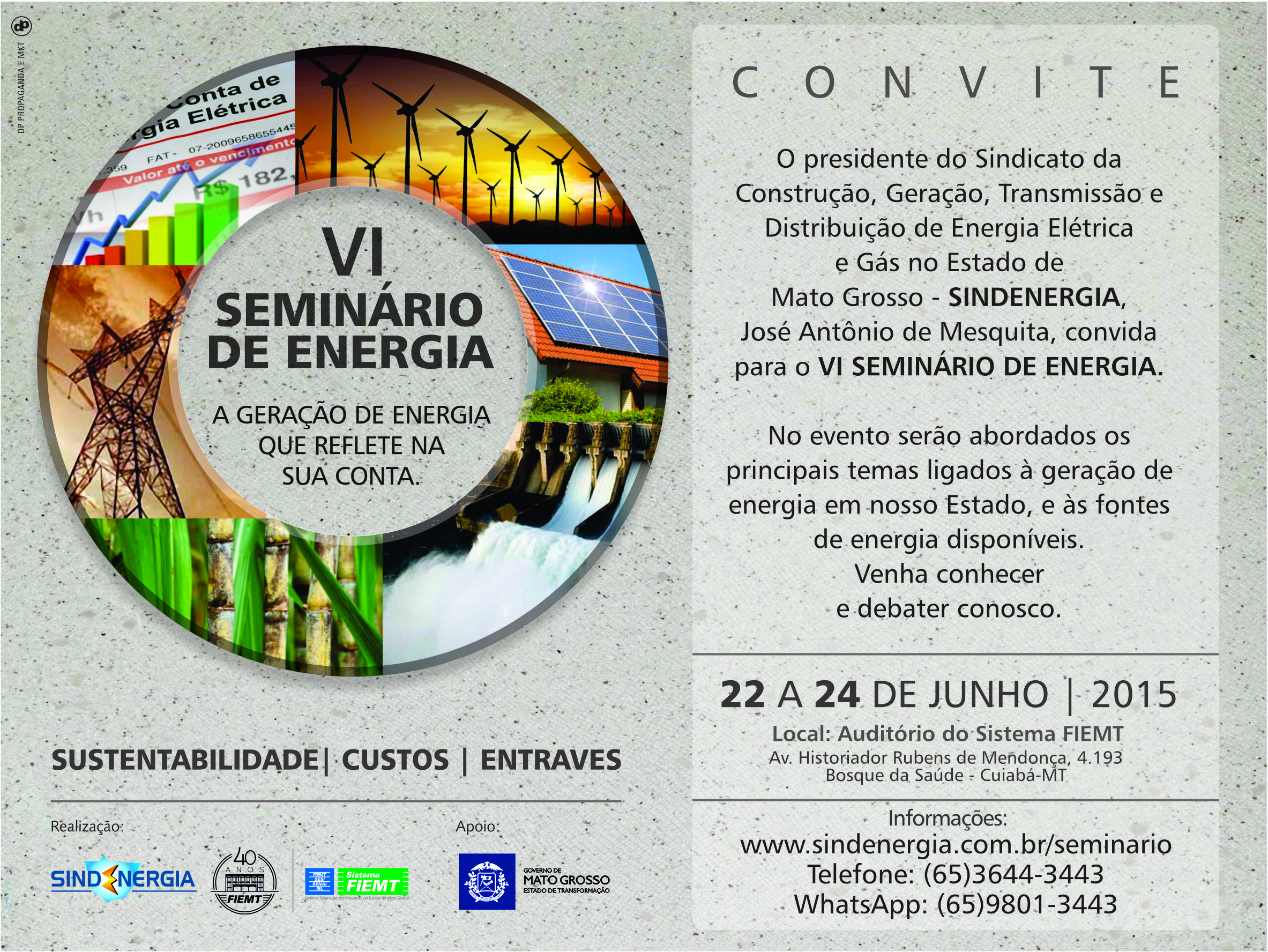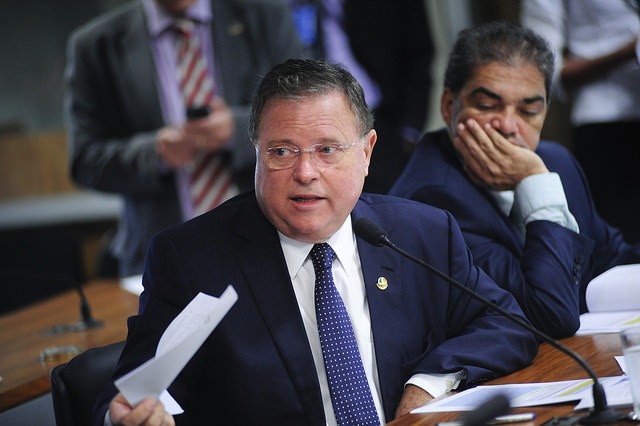Fonte: ANEEL

The power bill that reaches consumers is composed of several items. One of them is the purchase cost of power (generation), transmission of this power from the generator to the distributor (transmission), supply to households, trade and industries by the distributor (distribution), and sectorial charges.
Currently, in a bill of R$100, the purchase of power accounts for R$31.00, while transmission costs R$5.70 and distribution, R$26.50. Charges account for R$10.90 and taxes and contributions (ICMS, PIS, and Cofins) account for R$25.90.
These costs are divided into two installments: A and B. Installment A includes costs that are, to some extent, independent of the distributor and, therefore, referred to as non-manageable. They are directly transferred to the tariffs, such as the purchase and transport of power and sectorial charges. Read more about the charges.
Installment B represents the costs of distribution, i.e. those managed by concessionaires, such as operating costs (related to the distribution activity), remuneration of prudent investments (required for the adequate provision of services), and the regulatory reintegration quota (form of replacing the investments made for the provision of services throughout the useful life of the goods).
To adjust the tariffs, ANEEL has two mechanisms provided for in the concession agreements: the annual adjustment (on the anniversary date of singing of the agreement) and the periodic tariff revision (on average every four years). There is also a third mechanism, virtually not used, which is the extraordinary revision (when an extraordinary event unbalances the agreement). (GL/FA).








